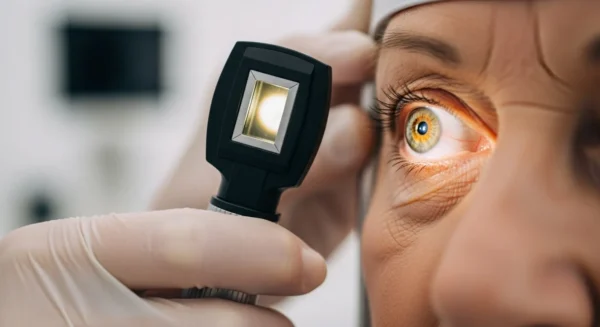
Key Signs It’s Time to Consult a Doctor
Your health and safety are paramount. While physical activity is highly recommended, it is crucial to listen to your body and seek professional medical advice when necessary. This section outlines key situations where consulting your physician or another qualified health provider is not just recommended, but essential.
Before Starting a New Fitness Routine: If you have been inactive for a while or if you have a chronic health condition such as heart disease, diabetes, high blood pressure, or arthritis, it is vital to speak with your doctor before beginning any new exercise program. They can provide personalized recommendations and advise you on any activities you should modify or avoid based on your specific health needs.
During or After Exercise, Watch for These Red Flags:
- Chest Pain or Pressure: Any discomfort, pain, pressure, squeezing, or fullness in your chest, neck, jaw, or arms during or after activity could be a sign of a serious heart issue. Stop what you are doing immediately and seek emergency medical attention.
- Unusual Shortness of Breath: It is normal to breathe a bit heavier during exercise. However, if you experience extreme shortness of breath, gasping, or wheezing that does not improve with rest, you should contact your doctor.
- Dizziness, Lightheadedness, or Fainting: Feeling dizzy or as though you might faint is a sign that you should stop exercising immediately. If the feeling persists, it warrants a call to your healthcare provider.
- Sharp or Persistent Pain: The old saying “no pain, no gain” is not good advice. While mild muscle soreness is normal, sharp, stabbing, or persistent pain in a muscle or joint is a signal from your body that something is wrong. Stop the activity and consult a doctor or physical therapist if the pain does not go away.
- Unexplained Swelling: If you notice new or unusual swelling in your ankles, feet, or legs, it could indicate a circulatory or cardiac issue and should be evaluated by a doctor.
If You Experience a Fall: Even if you feel fine after a fall, it is always a good idea to get checked out by a doctor. Some injuries, such as hairline fractures or head injuries, may not present immediate, obvious symptoms. A medical evaluation can ensure you have not sustained a more serious injury than you realize.
Do not hesitate to reach out to your healthcare team. They are your best resource for ensuring that your journey into senior winter fitness is both beneficial and safe.















